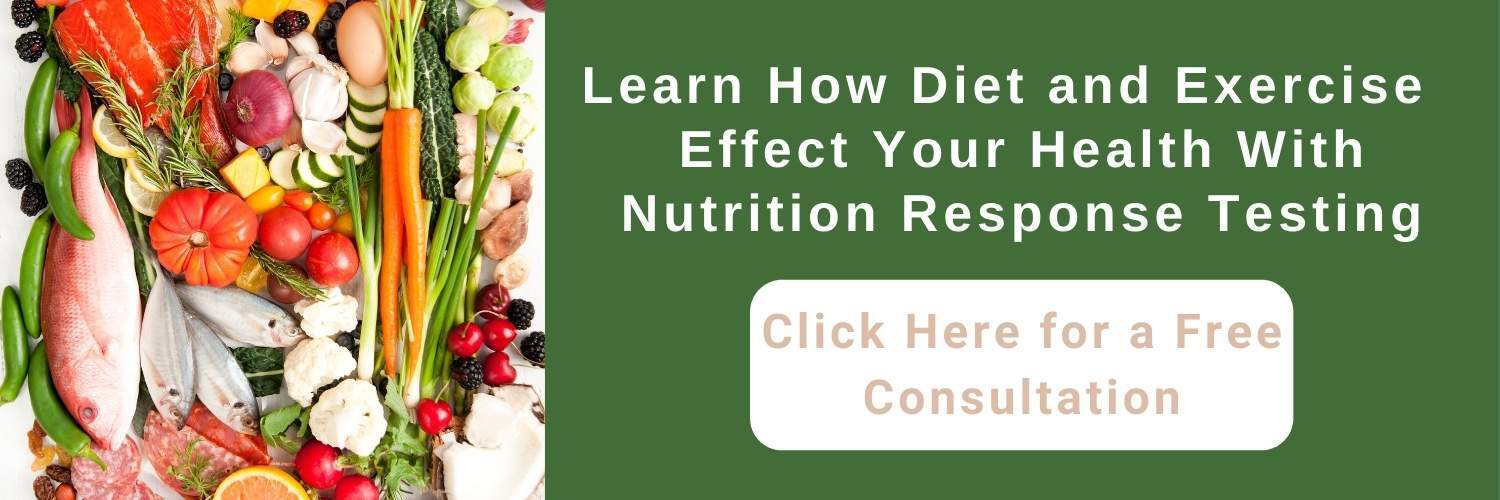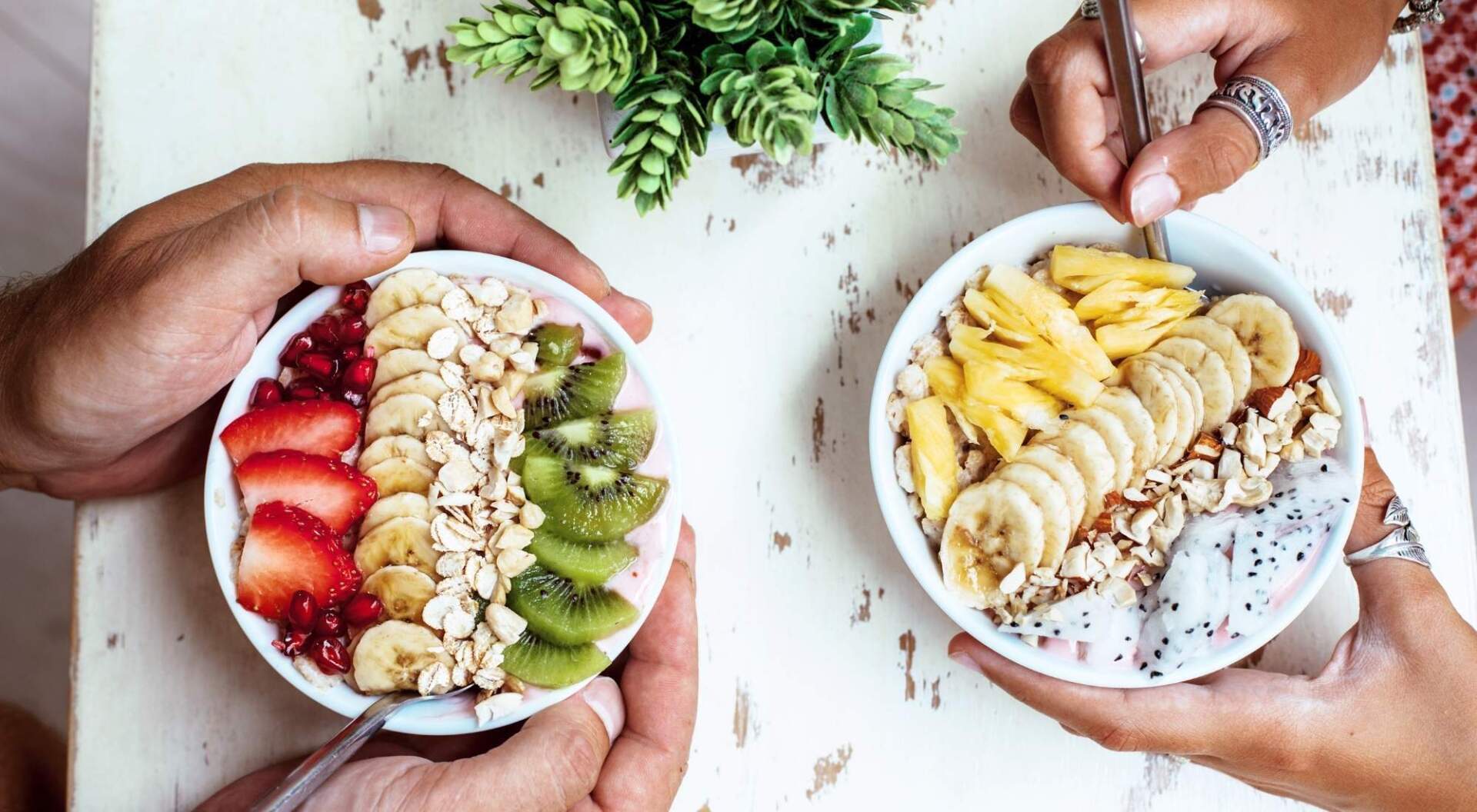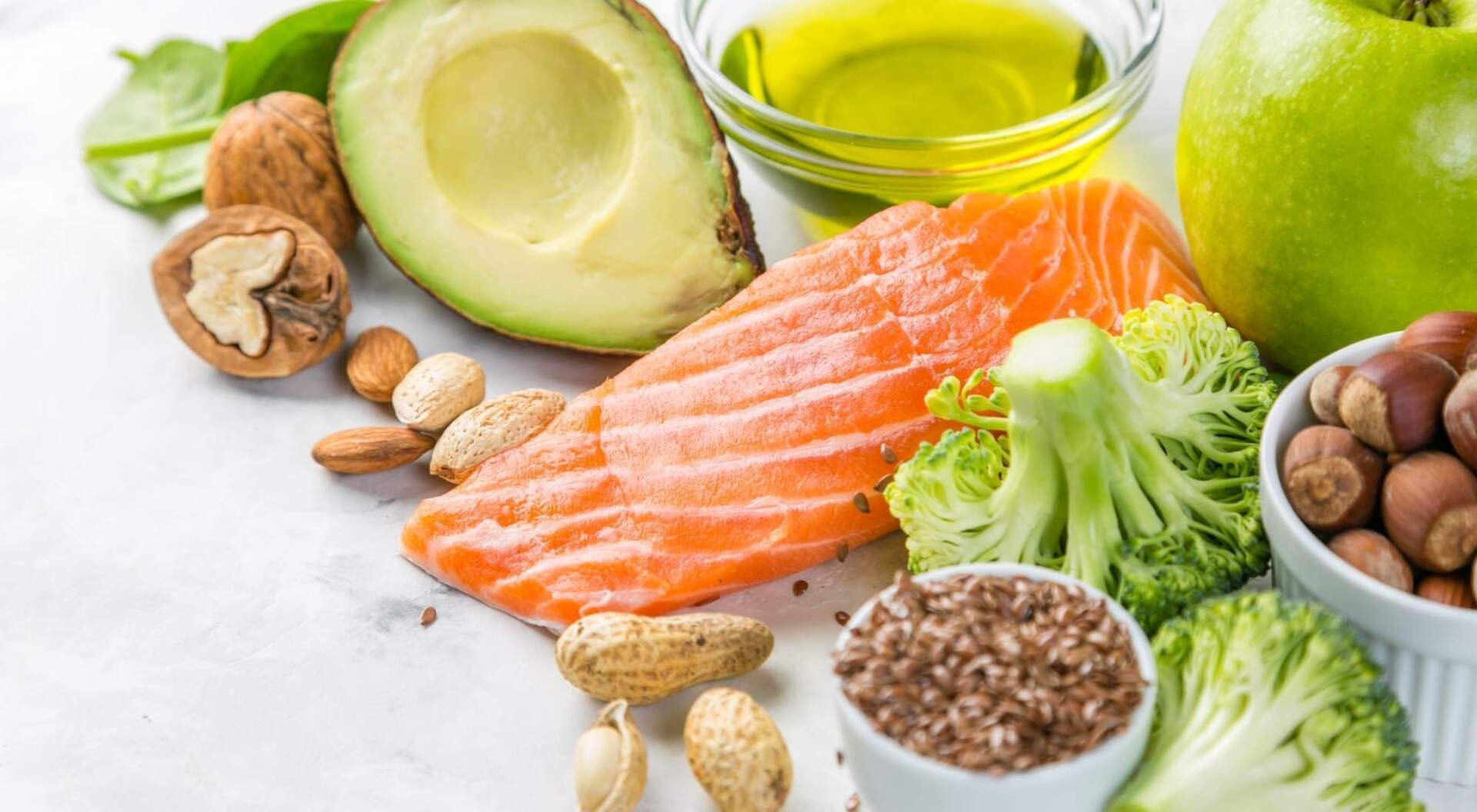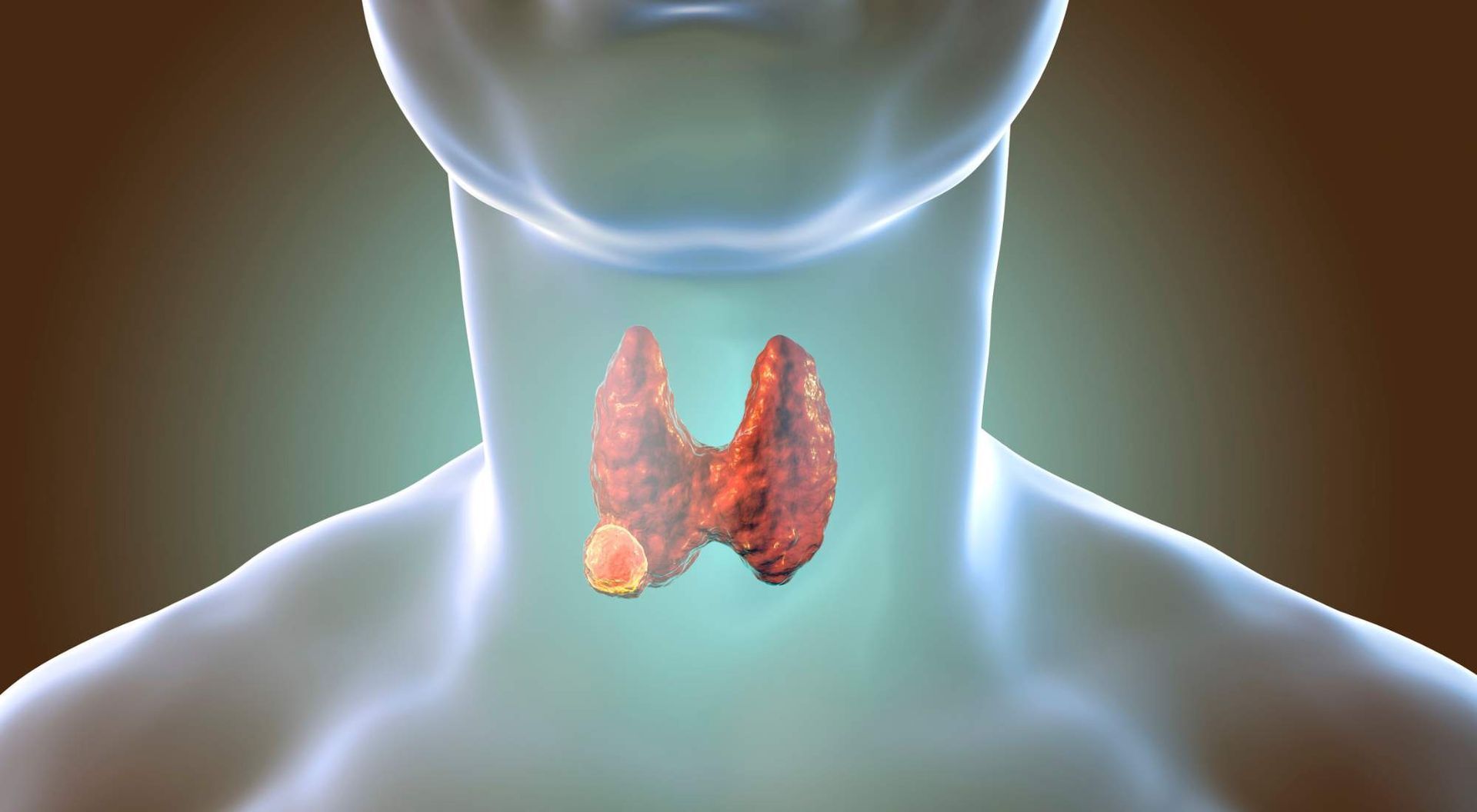Is Diet More Important than Exercise? An In-Depth Look at This Age-Old Question
"The content below is not intended to be a substitute for professional medical advice, diagnosis, or treatment. Always seek the advice of your physician or other qualified health provider with any questions you may have regarding a medical condition."
It’s the question everyone asks when trying to lose weight, get in shape, or simply better their health:
“Is diet more important than exercise?”
Diet vs. exercise is a constant debate, and it can be frustrating to try and understand which one is the most important when it comes to living the healthiest life.
At HealthierU, we want you to feel confident in your decisions about your health, which is why we created this guide.
Keep reading to learn more about what is more important — exercise or diet — and how to maintain a healthy lifestyle.
Table of Contents
What Is More Important: Diet or Exercise?
Nutrition may influence your overall health the most — and the length of your life — but is one really more important than the other?
It may depend on your health and wellness goals.
Generally speaking, diet and exercise are both necessary if you want to:
- Maintain/increase muscle mass
- Boost metabolic rates; and
- Fight off disease
When Is Diet More Important Than Exercise?
A person’s body composition can change by choosing a healthy diet — which is why when trying to lose weight, or even build muscle, it starts with nutrition.
You’ve heard the phrase, “You are what you eat,” and it’s true:
What we put into our bodies matters.
Understanding how the foods you put into your body affect your overall health is the first step in improving your lifestyle.
A balanced diet includes foods that fuel your body, such as a mix of:
- Lean proteins
- Healthy fats
- Fruits
- Vegetables; and
- Grains.
But that’s not to say calorie counts don’t matter.
Is it What You’re Eating or How Much You’re Eating? Consider Both
Sometimes, you can eat all the right foods and still not maintain a healthy lifestyle.
That’s because nutrition isn’t just about what you are eating, but it’s about how much you’re eating.
Are you eating enough?
Some of the biggest signs that your body isn’t getting enough nutrition include:
- Low energy levels
- Extreme fatigue
- Irritability
- Loss of menstrual cycles
- Lack of concentration; and
- Dizziness
You could also be eating too much of the wrong things.
Ever had a large dinner only to find yourself hungry and irritable in a very short period of time?
Or maybe you find yourself feeling extremely sluggish and worn down after a large meal.
Those are signs that you could be eating too much of the wrong things.
When it comes to diet, balance is the key.
Are you concerned that what you’re putting into your body is negatively affecting your health and lifestyle?
Nutrition Response Testing can help you figure out exactly how the things you put into your body are affecting your health.
Contact
HealthierU today to learn more and book a consultation.
Can You Lose Weight by Just Dieting and Not Exercising?
Yes, you can lose weight by just dieting, but it won’t be as beneficial as one might think.
Although it may seem like it’s possible, there is a common misconception that diet alone will help you lose weight.
When starting a diet, you may shed a few pounds just by changing your eating habits, but it’s not quite that simple.
When you lose weight from diet alone, you aren’t just losing fat — you’re also potentially losing water weight and muscle mass. Fluid loss may fluctuate daily, causing your weight to fluctuate daily, as well.
When you burn muscle, you’re slowing down your metabolic rate and reducing your strength. Less muscle mass = less of an ability to lose fat.
But what is more important? Exercise or diet?
The truth of the matter is, they are both necessary for maintaining your health and wellness.
Diet vs. Exercise: 3 Reasons a Healthy Lifestyle Involves Both
As Frank Sinatra once sang, “... you can’t have one without the other... “
It’s true for things outside of love and marriage, too — especially diet and exercise.
Reason #1: You Can’t Out-Exercise a Bad Diet
As we’ve mentioned, a healthy diet is incredibly important to your overall health. And although it would be a dream come true for many, you can’t out-exercise a bad diet.
Your body needs proper nutrition in order to function properly.
Are you working out seven days a week and still not seeing results?
Maybe you head to the gym regularly, but can never finish the workout you planned.
When you’re lacking the proper nutrition and fuel your body needs, your performance suffers.
If you want to reach your fitness goals, you need to support your body with the right diet.
Reason #2: Healthy Diet and Exercise Both Reduce the Risk of Disease
Aside from fueling your body, a healthy diet and adequate amounts of exercise can boost your immune system and help your body ward off diseases and other health conditions.
Proper nutrition and adequate amounts of exercise can help reduce the risk of:
- Stroke
- Depression
- Diabetes
- Heart disease
- Types of cancer
- High cholesterol
- Arthritis
- High blood pressure
- And more
Reason #3: Proper Nutrition Increases Energy Levels
Do you go to the gym regularly and feel great instantly after your workout? But then within a few hours, you’re lethargic, your body hurts, and you feel like you can’t recover?
Although exercise may give you an immediate energy boost, a healthy diet is the key to having a steady energy supply.
Proper nutrition can increase your energy levels by balancing …
- Blood sugar
- Serotonin
- Dopamine; and
- Norepinephrine
… levels throughout your body, resulting in higher energy levels, reduced dramatic energy fluctuations and, boosting your mood.
Some of the healthiest options to help fuel your body and increase energy levels include:
- Almonds — Containing important nutrients like vitamin B and magnesium, almonds help your body turn food into fuel.
- Peanut Butter — Although a calorie-dense food, proper servings of peanut butter contain healthy fats, protein, and fiber, all things your body needs to stabilize blood sugar levels and keep you full longer.
- Bananas — Instead of trying to fuel your body with synthetic pre-workout supplements, or pushing your body and wondering why you’re so tired during your workout — consider eating a banana and having a low-fat dairy product like cheese, yogurt, or milk. They provide your body with the potassium, fiber, and vitamin B6, it needs to increase energy levels and muscle function.
Nutrition Contributes to Everything: Make Sure You Understand How to Fuel Your Body
The question, “Diet or exercise: Which is more important?” isn’t something that can be answered with a simple yes or no.
But there are a few things we do know — one of the most crucial being that understanding how to fuel your body is the key to living a healthy lifestyle.
Fad diets and magazine and internet ads influence us in negative ways, especially in the way we feel about food.
An important takeaway? Don’t fear foods; instead, learn how to fuel your body with the right foods.
So, what do you need to understand about a healthy diet? Let’s look at some simple changes you can make to maintain your health.
Consume the Right Kinds of Carbs
Carbohydrates are one of the main sources of energy for your body — and although they’ve been given a bad rap a time or two, they are an essential part of a healthy diet.
What’s important to understand about carbohydrates is how your body breaks them down.
There are three different groups of carbs:
- Monosaccharides — glucose and fructose
- Disaccharides — two monosaccharides bonded together, like lactose and sucrose
- Polysaccharides — chains of more than two disaccharides bonded together, like fiber and starch
Monosaccharides and disaccharides provide your body with almost immediate energy.
These carbs are what give you the “sugar rush” you feel — and crash from shortly after.
They are known as simple carbs and don’t provide your body with sustainable, long-lasting energy.
This may be why diets, such as the keto diet, focus on eating higher amounts of proteins and fats and less on carbohydrates.
Polysaccharides are known as complex carbohydrates. These carbohydrates, unlike simple carbs, are long chains of molecules that take longer for your body to break down, giving higher nutritional value.
Foods containing polysaccharides are more nutritious and can be found in foods like:
- Vegetables
- Whole-grain foods
- Legumes
- Nuts; and
- Beans
Protein Helps Build Muscle and Improve Workouts
Protein is an essential component of any diet.
It is necessary in order for your body to function daily, especially when you perform physical activity regularly.
In the debate on what is more important, exercise or diet, your body’s reliance on protein proves that they both go hand in hand.
Whether you’re looking to lose weight or gain muscle, getting the proper amount of protein is a foundation to start on.
The right amount of protein in your diet is absolutely necessary for:
- Building muscle
- Improving workouts; and
- Maintaining your overall health
Some of the healthiest foods containing substantial amounts of protein include:
- Eggs
- Almonds
- Oats
- Milk
- Broccoli
- Tuna
- Chicken breasts
- Hemp Seeds; and
- Artichokes
Increase Fruit and Vegetable Intake
Fruits and vegetables are high in both water and fiber — making them ideal for adding to dishes because they are low in fat and calories but contain many of the nutrients we need to fuel our bodies every day.
Fruits, vegetables, and grains should take up the largest part of each meal to sustain a healthy weight and lifestyle.
Unsure if Your Diet or Exercise Plan Is Aligning With Your Health or Weight Loss Goals? HealthierU Can Help
Whether your goal is trying to …
- Lose weight
- Maintain a healthy weight; or
- Increase muscle mass
... aligning your diet and exercise plan with those goals can be intimidating.
At HealthierU, we want to see you live your healthiest life as naturally as possible. This is why we always take a holistic approach to nutrition.
If you’re struggling to find the right plan for you, consider starting with Nutrition Response Testing (NRT).
NRT is a non-invasive procedure that assesses how the different parts of your body, such as your …
- Glands
- Organs
- Tissues; and
- Muscles
… function to understand any underlying issues that may complicate your current diet and exercise regimen.
Through NRT, our patients are able to have a customized nutrition plan created for them based on their specific needs.







